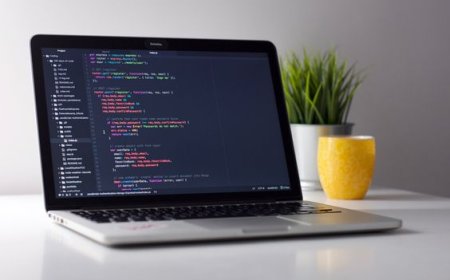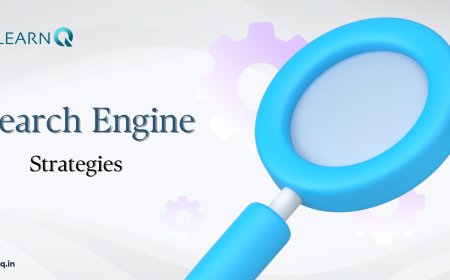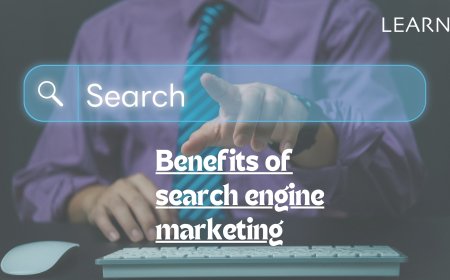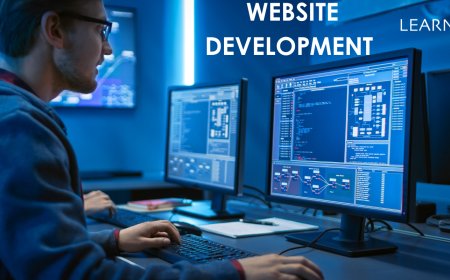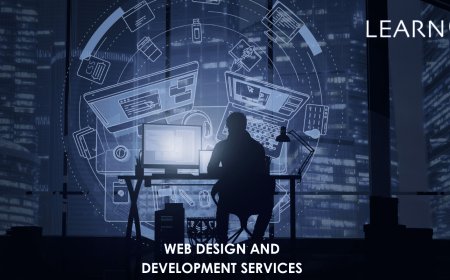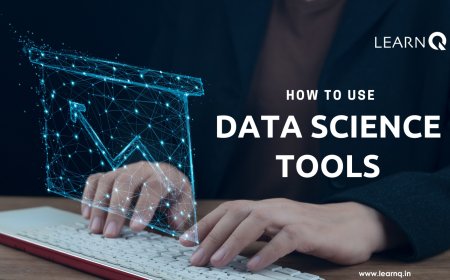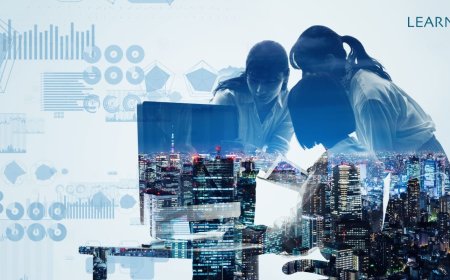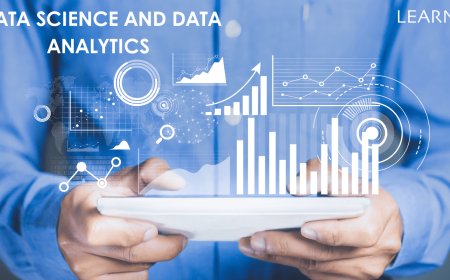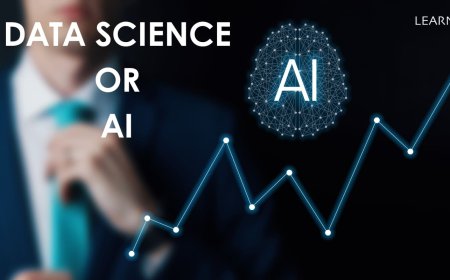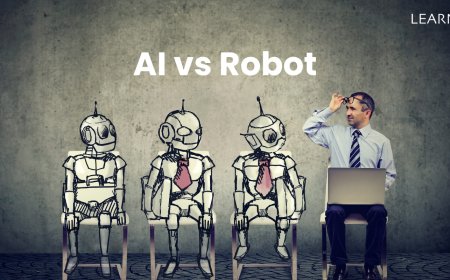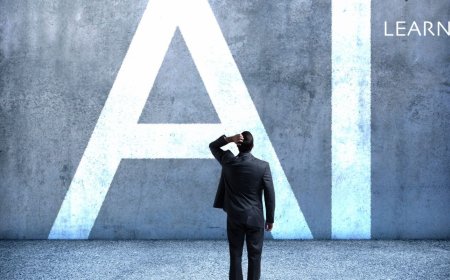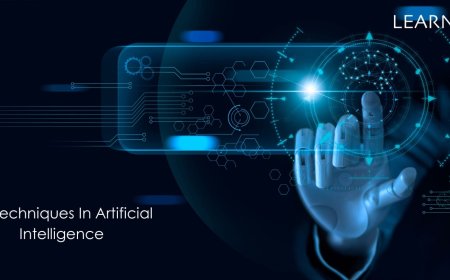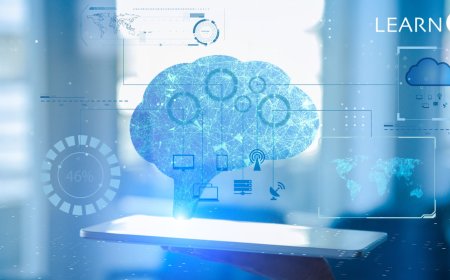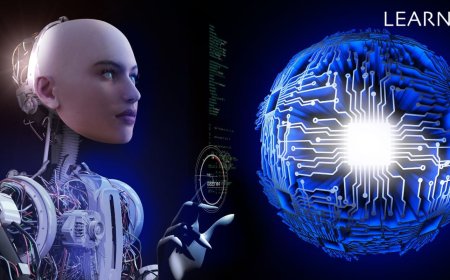The Important Goals and Objectives of AI
Learn the main aims of AI and how it helps solve problems through innovative techniques. Explore AI to boost creativity and problem-solving.
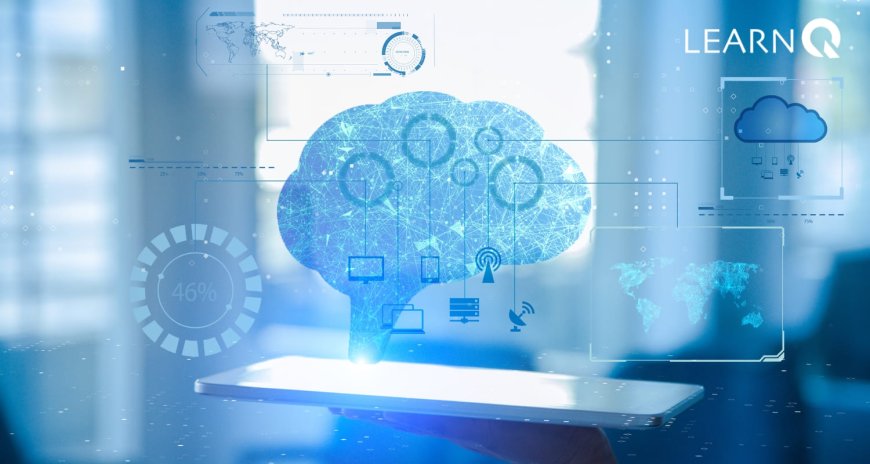
When we talk about artificial intelligence (AI), we're talking about the big goals and objectives that drive its development. As we see AI becoming more and more a part of our lives, it's essential to understand what it's all about. The objectives of AI cover a wide range of aims, from making industries more efficient to tackling big societal issues and making human-machine teamwork even better. Knowing these objectives helps us steer AI in ways that are ethical, good for society, and technically smart.
At its heart, the objectives of AI are all about making humans better at what we do and helping us make smarter decisions in all sorts of areas. Whether it's creating smart systems that can handle tricky situations on their own or making AI tools to improve healthcare and help sick people, the big aim is always to use AI to make life better for people. By looking closely at these big goals of AI, we can see how powerful this technology is and why it's so important to use it responsibly and ethically to help society.
So, let's take a closer look at what these goals and objectives are and why they matter for positively shaping AI.
Understanding Artificial Intelligence: How It's Changing
In recent, we've seen a lot more Artificial Intelligence (AI) around us. It's changing the way things work in different areas like technology and society. You might notice it when you get recommendations on Netflix or when doctors use it to help diagnose illnesses. AI has many goals, but they all aim to make things better in some way. One big objective of AI is to make things automatic. This means using computer programs to do repetitive tasks without needing people to do them. For businesses, this can mean saving money and being able to do more things at once. With AI, companies can use special computer programs to make decisions based on big sets of data. This helps them understand what's happening in the market and make better choices.
Another objective of AI is to make things better for people. For example, AI can make apps or services more personal. It does this by understanding how people talk and feel. So, when you talk to a chatbot or use a service, it can understand you better and help you more. But AI isn't perfect. Sometimes, it can bring up issues like privacy or unfairness. For example, if AI programs are trained on data that's biased, they might make unfair decisions. And as AI gets more powerful, some worry it might take away jobs from people.
Understanding the Complications of Goals and Objectives in AI
Artificial intelligence (AI) is like a smart tool that can change our lives. But figuring out what AI wants to do can be tricky. Here's what you need to know:
1. Figuring Out Goals: AI works based on what it's told to do. But deciding what those goals are is challenging. It involves thinking about tricky stuff like ethics, society, and deep questions.
2. Matching Goals with Ours: AI's goals must fit with what people care about. If they don't, it can cause problems like unfairness or even harm.
3. Goals That Change: Sometimes, AI needs to change its goals based on what's happening. But we need to make sure those changes still line up with what we want.
4. Unexpected Problems: Because AI's goals are complex, sometimes things go wrong. This can mean biases in decisions or actions we didn't predict that cause trouble.
To understand and manage these challenges, experts from different fields like ethics, philosophy, computer science, and psychology need to work together. By facing these issues directly, we can make sure AI helps us while avoiding problems.
What are the important goals and objectives of AI, and why are they important?
The main aims of artificial intelligence (AI) are to make things easier and faster, automate tasks that repeat often, help us make better decisions, push forward scientific research, and try to make computers act more like humans. These goals matter a lot because they lead to amazing inventions that can change how businesses work and improve many parts of our lives. When we focus on these goals, AI can help businesses run smoother, use their resources better, and find new ways to grow. Also, AI can bring big improvements in healthcare, protect the environment, and make life better for everyone. It's crucial to understand and work on these goals to use AI in the best way and make sure it helps us without causing any harm.
Understanding the Main Goals and Objectives of AI
In technology and new ideas, Artificial Intelligence (AI) is a standout area with some key goals. Let's break down these goals to get what's pushing AI forward.
1. Making Things Easier: AI wants to make life easier by getting machines to do repetitive jobs automatically. This means less work for people and more efficiency. You can see this in industries like making stuff, moving things around, and helping customers.
2. Helping with Choices: AI tries to copy how people make decisions by looking at lots of data and figuring out what to do. It's useful in fields like healthcare, money stuff, and selling things, where AI can give advice based on what it learns.
3. Solving Tricky Problems: AI is all about taking on hard problems that humans find tough. It uses tricks like learning from examples, understanding language, and seeing things like humans do. This helps in lots of areas like medicine, predicting weather changes, catching cheats, and driving cars by themselves.
4. Tailoring Experiences: AI wants to give each person a special experience by understanding what they like and do. By looking at your information, AI can suggest things you might like to buy, watch, or do online, making your time online more enjoyable.
5. Pushing New Ideas: AI is always trying to come up with new and better things. Whether it's inventing smarter computer brains, finding different ways to solve problems, or creating cool new uses, AI keeps pushing forward to make exciting discoveries.
6. Being Fair and Responsible: AI aims to be good and fair in how it's used. People want AI to be trustworthy and not make unfair decisions or hide things. By making sure AI follows rules and does the right thing, it can be trusted more.
7. Helping Society: AI wants to make the world better by tackling big problems and making life better for everyone. From making healthcare and education better to helping the environment and looking after people, AI can make a positive impact on society.
Goals of AI:
-
Making Things Easier and Faster: AI helps to speed up tasks and make them simpler, freeing up people's time.
-
Helping with Choices and Solutions: It assists in making decisions and offers insights by looking at data.
-
Tailoring Things Just for You: AI can personalize experiences to fit your preferences, whether it's in shopping or entertainment.
-
Talking and Working Like People: AI aims to make interactions with machines feel more natural and human-like.
-
Inspiring New Ideas: By coming up with creative solutions to problems, AI can spark innovation and help us think differently.
Objectives of AI:
-
Improving How AI Works: AI needs to keep getting better and finding new ways to solve problems, like teaching itself through trial and error.
-
Being Ethical and Fair: AI must be unbiased and transparent, so it treats everyone fairly and doesn't make unfair decisions.
-
Staying Safe and Secure: AI systems must be built to withstand attacks and keep our data safe from hackers.
-
Making AI Available to Everyone: AI tools should be easy to use and accessible to as many people as possible, without being too expensive or complicated.
-
Working Together Across Different Fields: AI can achieve more by combining knowledge from various areas like science, engineering, and psychology to solve complex problems.
The goals and objectives of artificial intelligence (AI) are many-sided and always changing as the field grows. AI aims to make things work better and faster, solve hard problems, and help with scientific research. It has the potential to change our lives in big ways. But it's really important to make sure that as AI gets better, we follow rules about what's right and wrong, keep things safe, and make sure everyone can use it. By working towards these goals, we can use AI to make the world fairer, safer, and more successful for everyone. As we keep learning about AI, different experts need to work together, be clear about how AI is made, and talk to the people who will use it.



